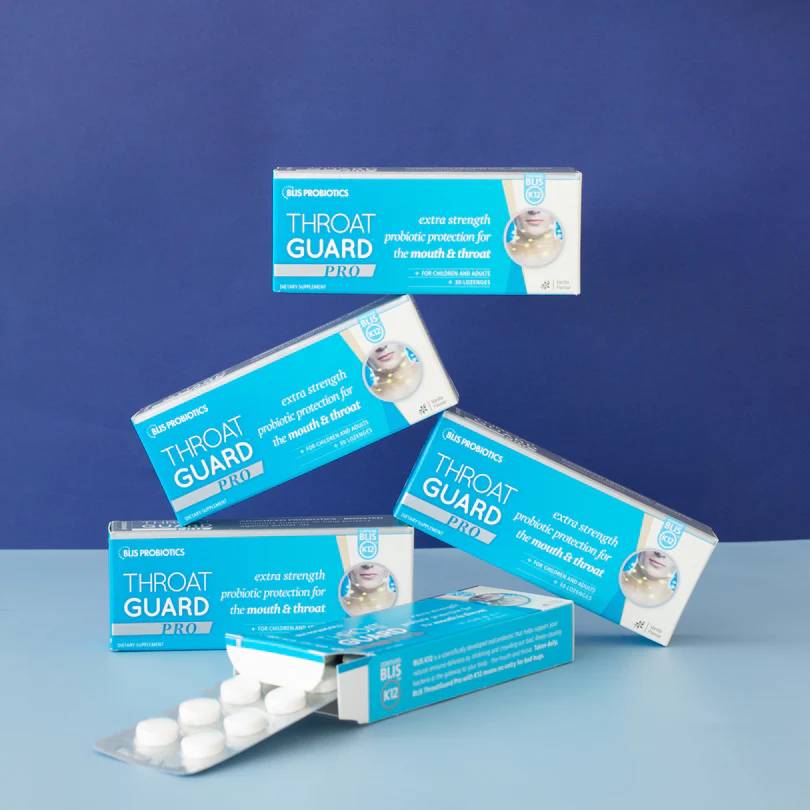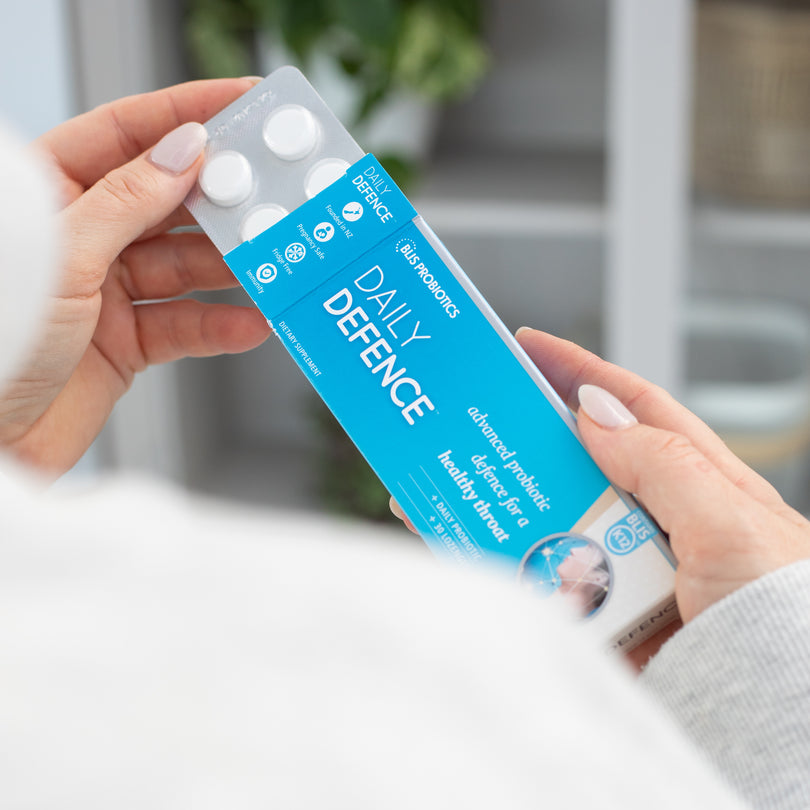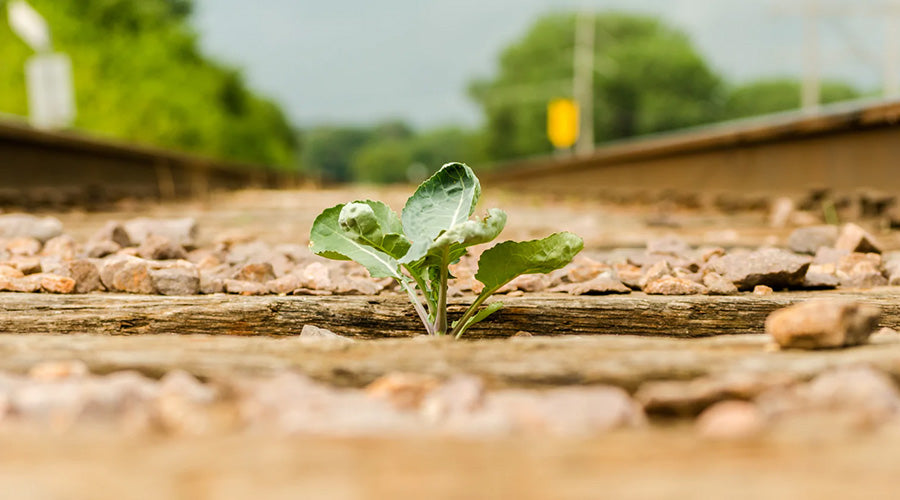If the past two years have taught us anything, it is that life and the world we live in are unpredictable, and at times very uncertain. As many of us reflect on the year that’s been, perhaps thinking of our New Year resolutions and fresh starts, this blog is focusing more on the concept of psychological resilience, and how you can incorporate it into your own life.


What is resilience?
Over the course of the COVID 19 pandemic, you may have noticed how some people are able to deal with the uncertainty and lack of control exceptionally well. These people also seem to recover more quickly from adversity and appear strong following challenging situations. The likelihood of this is usually not luck, but a combination of factors that lead to better psychological resilience. So, what is resilience and how can we improve our own?
“Psychological resilience refers to effective coping and adaptation although faced with loss, hardship, or adversity.”
Studies have shown that resilience is created via a range of variables, including positive thinking, self-awareness and emotional regulation, curiosity, a sense of openness, humour, and the developing of routines. Research continually shows that having daily routines particularly in times of unpredictability and stress can provide you with positive feelings, a sense of control and productivity at times when life feels anything but. Here at BLIS Probiotics, resilience is one of our core values, manifesting both in the beneficial live bacteria that go into our products as well as our ongoing scientific endeavours.

How daily routines can help build resilience
Daily routines can be separated into two types – primary and secondary. Primary routines are those required for us to function at a basic biological level including hygiene, sleep and eating. Secondary routines include exercise, leisure and social activities, work, or study. So, how do you go about bringing routine into your life?
Primary routines may be:
• Keeping track of your food intake and noting down everything you eat, or logging it in an app. It is a great way to remind yourself to keep making healthy food choices. It’ll also make you accountable when that chocolate bar in the pantry keeps calling your name!
• Water is key. Ensure that you are hydrating your body enough by always keeping a water bottle with you to monitor your water intake - even having one extra glass a day is a win.
• Make sleep a priority! Download a sleep app or set yourself a reminder on your phone to head to bed and sleep. If a better sleep routine is what you what to improve there are a myriad of apps and advice online. Interesting to note, according to British neuroscientist Matthew Walker "Human beings are the only species that deliberately deprive themselves of sleep for no apparent gain."
But, perhaps it might be a secondary routine that you’re more interested in creating routine around:
• Making a weekly catch-up phone call to connect with a friend.
• Future booking one dinner a week where everyone in the family is at the table and each week a different person cooks.
• Plotting in days of the week where you take a walk at lunchtime instead of sitting at your desk.
• If this is the year you want to take charge of your oral hygiene, we suggest a night-time routine of taking BLIS ToothGuard after you’ve brushed and flossed. By taking ToothGuard right before bed it gives our bacteria the longest possible time to work its magic.
• Volunteer – there are so many organisations and causes that are crying out for volunteers. Think about what you have to offer, sharing your time and expertise on a regular basis can lead to immense feelings of satisfaction. Whether it is baking once a month for a cause or offering your accounting skills to a NFP, you and the world will be all the better for freely giving your time.

Positivity and humour
Just by thinking about how you can empower yourself to improve your life, being kind to yourself and doing things that are good for you will enable feelings of positivity, one of the variables that scores highly on the resilience scale. Start simply and don’t beat yourself up if you don’t get it right or do it as often as you originally planned. It doesn’t have to be a grand gesture, or an inflexible new regime.
A sense of humour is also regarded as a high scoring variable in resilient people so don’t forget to laugh at yourself and the madness of some situations.
Finally, in the effort of training ourselves to think more glass half full than half empty, French novelist Jean-Baptiste Alphonse Karr once said, "we can complain because rose bushes have thorns, or rejoice because thorns have roses."
References:
https://www.ncbi.nlm.nih.gov/pmc/articles/PMC7535346/
https://journals.sagepub.com/doi/full/10.1177/0706743720957825?casa_token=0sBeHgb7mFEAAAAA%3A4sDAheOGZeCRpp6OIsX9uAexCl83YtXnSFowGkAqmMm1FTYD3CcB3SZJobmfz1lzH1YNkcrN5MMwNw
https://re.public.polimi.it/retrieve/handle/11311/1171645/617725/ijph-66-1604007.pdf
https://www.verywellmind.com/the-importance-of-keeping-a-routine-during-stressful-times-4802638#:~:text=The%20Benefits%20of%20Having%20a%20Routine%20Research%20has,2%20Having%20a%20regular%20routine%20can%20help%20you%3A
https://pubmed.ncbi.nlm.nih.gov/30800018/
https://www.webmd.com/mental-health/psychological-benefits-of-routine
https://www.psychologytoday.com/us/blog/the-gen-y-psy/201810/the-power-routines-in-your-mental-health
https://www.pbs.org/newshour/health/the-covid-era-habits-that-made-us-happier-and-healthier
https://www.forbes.com/sites/nomanazish/2018/03/30/10-daily-habits-that-can-actually-change-your-life/?sh=5fad1170630c
Tugade, Michele & Fredrickson, Barbara. (2004). Resilient Individuals Use Positive Emotions to Bounce Back From Negative Emotional Experiences. Journal of personality and social psychology. 86. 320-33. 10.1037/0022-3514.86.2.320.
Walker, M. (2018). Why we sleep. Penguin Books.






